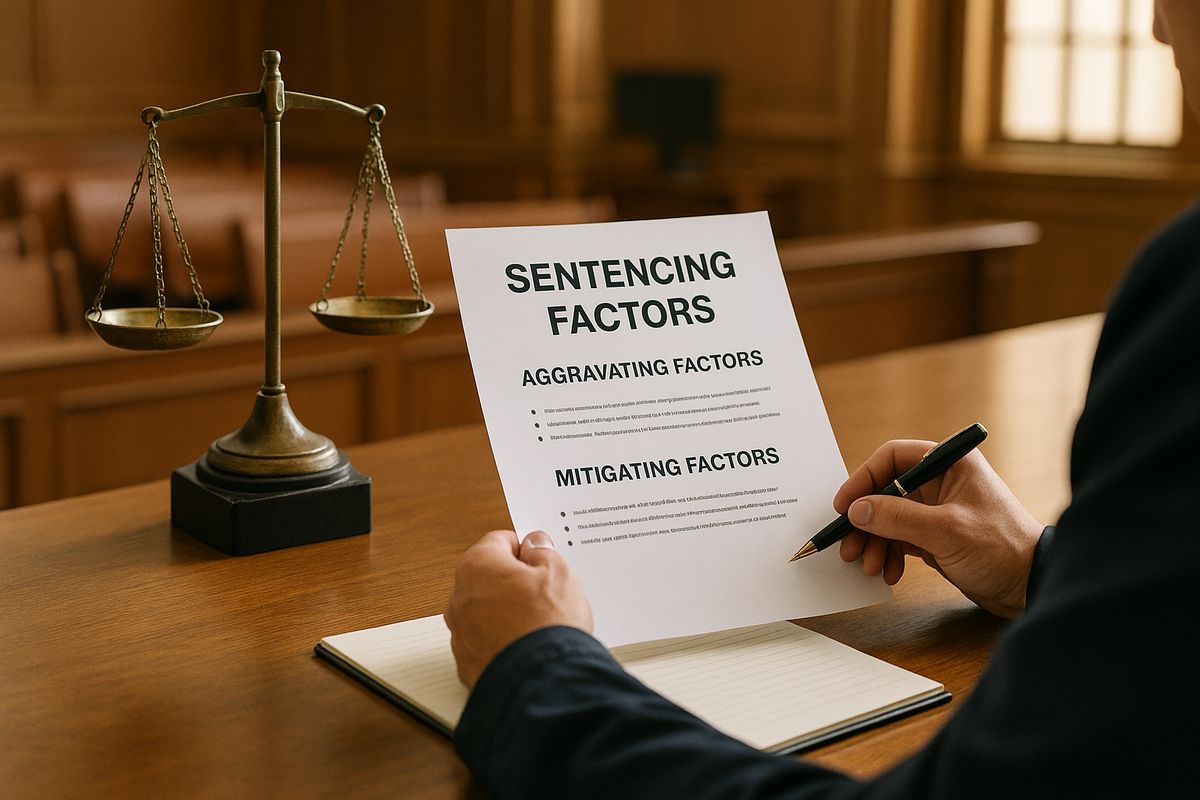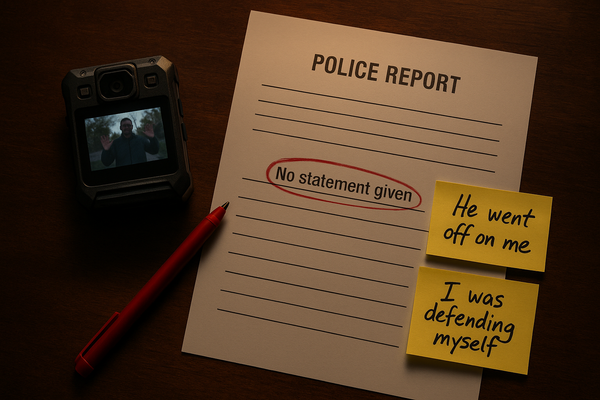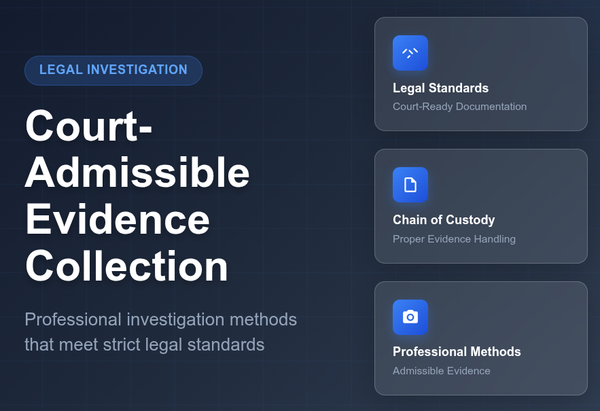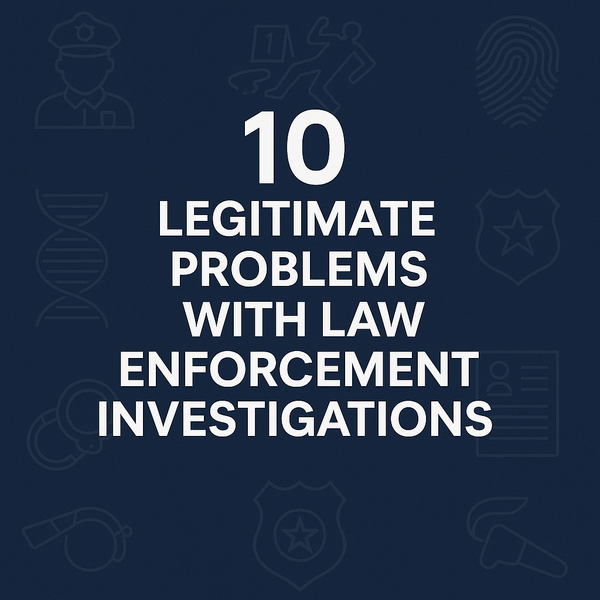How a criminal defense investigator in North Carolina tackles aggravating and mitigating factors
North Carolina’s sentencing grid rises or falls on two checklists: aggravating factors (filed on AOC‑CR‑614) and mitigating factors (recorded on AOC‑CR‑605). A criminal defense investigator gathers the evidence that challenges the first list and builds the second.

Why sentencing factors matter
North Carolina’s sentencing grid rises or falls on two checklists: aggravating factors (filed on AOC‑CR‑614) and mitigating factors (recorded on AOC‑CR‑605). A criminal defense investigator gathers the evidence that challenges the first list and builds the second.
Aggravating factors that push the grid upward
Prosecutors often claim:
- leadership or recruiting others
- acting for a gang
- using a weapon
- targeting someone very young, old, or ill
If any claim sticks, the judge must consider the tougher range.
Details that can pull the sentence down
The same law lists twenty‑one ways to ease the sentence, including:
- acting under pressure or threat
- playing a minor role
- mental or physical challenges
- voluntary restitution or early responsibility
- honorable military service
Documented proof of even one factor gives the court room to shift downward.
Where a criminal defense investigator fits
- Tests the state’s story – Reviews discovery, messages, photos, and video to see whether each aggravating claim holds up.
- Finds overlooked positives – Examines school, medical, work, and community records that support mitigating points, usually in coordination with a mitigation specialist.
- Informs defense attorneys – Prepares detailed reports for defense attorneys.
A criminal defense investigator in North Carolina works inside the state’s structured‑sentencing rules, focusing every search on facts a judge can legally weigh.
Acting before deadlines close in
Sentencing moves quickly once scheduled. Judges often see only the materials handed to them on hearing day. Without a solid information that both questions aggravators and highlights mitigation, the harsher narrative may stand alone.
Next step
If you are facing a felony charge in North Carolina, or might be soon, consider adding a criminal defense investigator to the team. A brief consultation can pinpoint which aggravating claims need testing and what mitigating evidence may exist. Contact Aubor Group to discuss how a criminal defense investigator in North Carolina can help present the full story.




